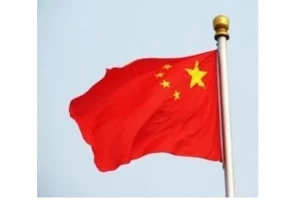As part of his ongoing official tour across Europe, Sikyong Penpa Tsering, the political leader of Tibet’s Central Tibetan Administration (CTA), addressed the Tibetan community in Barcelona and underscored the critical importance of continuing to raise global awareness about Tibet’s political situation.
Tsering reminded the community that, despite the immense challenges Tibet faces, the international visibility of the Tibet cause remains strong, largely due to the tireless efforts of the Dalai Lama, as per a statement by the CTA.
Sikyong began by paying tribute to the Dalai Lama, noting that for over 65 years, the Dalai Lama has been the leading figure in keeping the Tibetan struggle alive on the world stage, as per CTA.
“Much of the international awareness of Tibet today is due to His Holiness’ leadership, kindness, and wisdom,” Sikyong said, acknowledging the Dalai Lama’s pivotal role in shaping global consciousness on Tibet’s plight.
One of the most significant aspects of Sikyong’s address was his focus on international advocacy and the growing global recognition of Tibet’s cause. He specifically highlighted recent developments such as the US government’s adoption of the Tibet-China Conflict Resolution Act.
This landmark legislation, which calls for a peaceful resolution to the Tibet-China issue and greater international pressure on China to respect Tibet’s cultural and religious autonomy, was a key milestone in the Tibetan freedom struggle.
Sikyong stressed that such successes are not the result of isolated efforts but are the product of years of tireless work by Tibetan support groups, activists, and international policymakers. Turning to the issue of dialogue with China, Sikyong expressed cautious optimism, but also tempered his comments with a realistic assessment of the current political landscape.
He acknowledged that while the CTA remains committed to the Middle Way Approach–seeking genuine autonomy for Tibet within the framework of China–there is still uncertainty regarding the prospects for meaningful negotiations. He reiterated that the CTA’s commitment to the Middle Way remains steadfast, but emphasised that Tibet’s freedom struggle cannot solely rely on dialogue with the Chinese government.
Today, the Tibet-China issue remains unresolved. While the Chinese government maintains strict control over Tibet, Tibetans in exile continue to advocate for their rights, including through the work of the CTA, which functions as the Tibetan government-in-exile. Despite international pressure, the Chinese government continues to reject any form of independence or autonomy for Tibet.




















